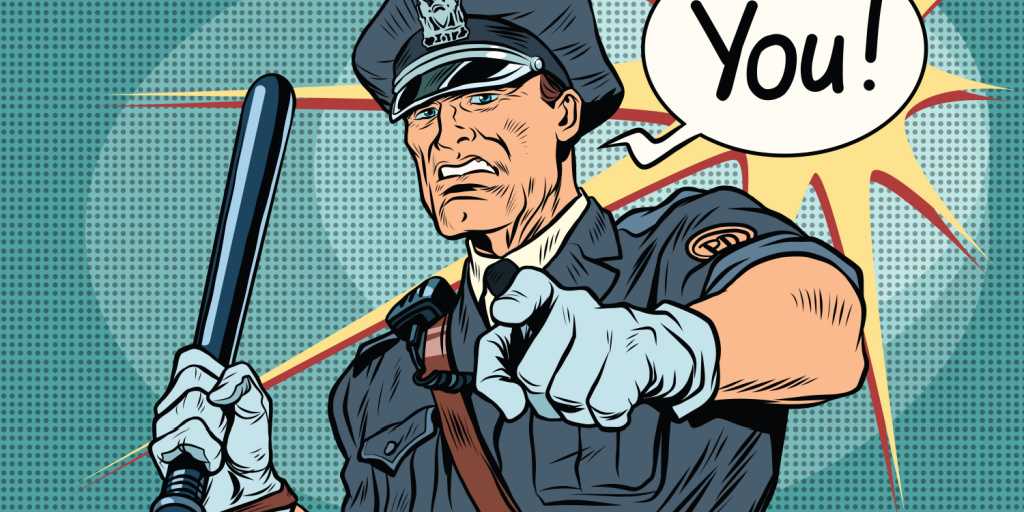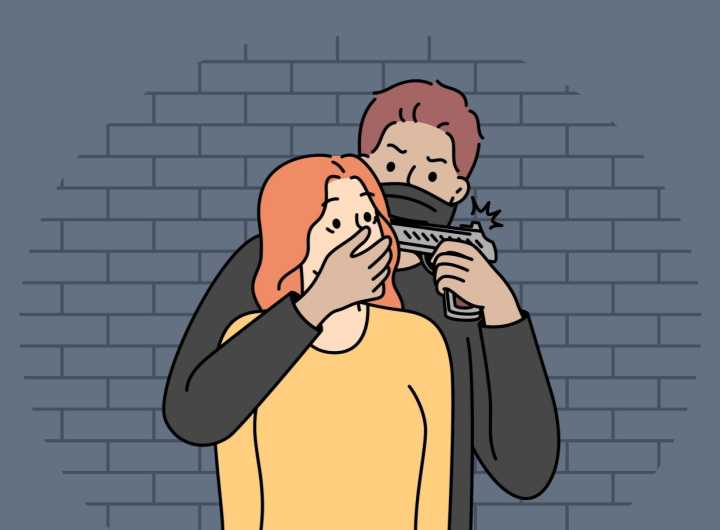Collateral Consequences of Misdemeanors For Professionals & Parents in Arizona: Fingerprint Clearance Cards
Many people are surprised by how outsized the consequences some misdemeanor convictions can be. The “collateral” consequences—meaning all those hidden administrative, licensing, employment, custody-related, lifestyle related consequences that you don’t think even exist.
I mean we all know that having any blemish on your record, however small, is not a good thing. The study of “collateral consequences” is the study of precisely how the machinery of law operates in hidden ways to hamper you based on even a misdemeanor conviction.
For example, it has been surprising even to lawyers to learn that under Arizona Law, if a person is in a custody battle, and they get convicted of misdemeanor DUI there is a presumption under the law, in family court, that such person should not have sole custody of the child or children in question.
For another example, many people don’t understand that if you are convicted of some domestic violence misdemeanors in Arizona such person will not be able to possess a firearm under stringent federal law. And that restriction seems to go on forever.
But what people really don’t understand is that under Arizona law, you need a special “fingerprint clearance” in order to be a teacher, childcare worker, nurse or aide in most clinics, real estate agent, foster parent, and many more.
And those cards are easy to lose for some misdemeanors including all domestic violence and some DUI related misdemeanor charges particularly “criminal damage.”
We’ve had a number of cases where teachers or nurses have a DUI accident where there is some minimal damage to a road sign or landscaping. The police charge the teacher with misdemeanor DUI and misdemeanor criminal damage.
About two weeks later the teacher, our client, gets a computer generated letter in the mail from the Arizona Department of Public Safety, saying that their fingerprint clearance card is suspended indefinitely because they have been charged (not convicted) of an included offense –in this case criminal damage.
The teacher then goes and tells her principal. The principal checks with the school systems district counsel, and the teacher is told that while the card is suspended she cannot be in any classroom unless accompanied by a person with a card, and moreover unless she gets the card back somehow in a matter of weeks she will be fired.
We’ve seen this happen over and over.
Another example of a situation we see a lot: A nurse working in a clinical setting (and since COVID we’ve seen a lot of stressed out nurses in clinical settings) gets into it with her boyfriend or girlfriend and gets charged with misdemeanor domestic violence (disorderly conduct, and again criminal damage). Like the teacher, she gets a letter in a few weeks saying her fingerprint clearance card is suspended even though she hasn’t been convicted of anything yet.
She tells her charge nurse or HR contact, and they immediately place her on leave or fire her because she can’t be on the floor without a card.
These situations are much more common than you might think.
The solution? In the case of fingerprint clearance cards and teachers and nurses, and other healthcare and education professionals, the best way to go about it I sincerely think, is to do whatever I can to convince the prosecutor to immediately dismiss the charge that’s holding up the card.
This isn’t always easy to do. Prosecutors have guidelines to follow, and although they try to do the right thing, they might have to check with their own supervisor, check with the victim, absorb the long letter I write them.
I generally try to set this up early on by having my client begin domestic violence classes or alcohol classes (or both) as soon as I take her on as a client. So by the time the prosecutor has absorbed my letter, gone to his supervisor, checked with the victim, my client already has many hours of therapy and counseling completed.
The bottom line is when I get a case of a teacher or nurse, and there is a fingerprint clearance card involved and there is a DUI accident or domestic violence involved, I must treat it as a code red, and know the clock is ticking.
So in this way a comparatively minor offense—a misdemeanor—can end a professional’s career, long before they are ever convicted. The charges alone can sink them.
Recommended Articles

Arizona’s new sealing statute is a powerful way for people who have been charged or convicted of many common offenses, to be able to say “no” in many instances.

In Arizona, “Aggravated Assault” charged under ARS § 13-1204 is a Class Four Felony, and in some cases with mandatory prison.

DUI or domestic violence police misconduct even if not resulting in grievous misfortune can sometimes provide a helpful remedy for the criminally accused.

people are surprised by how outsized the consequences some misdemeanor convictions can be. collateral consequences—meaning all those hidden consequences.

For thirty years two federal laws prohibited all those convicted of misdemeanor domestic violence offenses from ever possessing firearms.

About Michael Harwin
Michael’s skill and experience have been recognized repeatedly. He holds an A-V 5/5 preeminent rating by Martindale Hubbell. He has been named one of the top lawyers in Arizona by Southwest Superlawyers, and one of the best lawyers in Tucson by Tucson Lifestyle Magazine. He also has been named one of the best lawyers in the United States by BestofUS.com , and given the highest rating possible by AVVO, 10/10 Superb. Amazon Books

